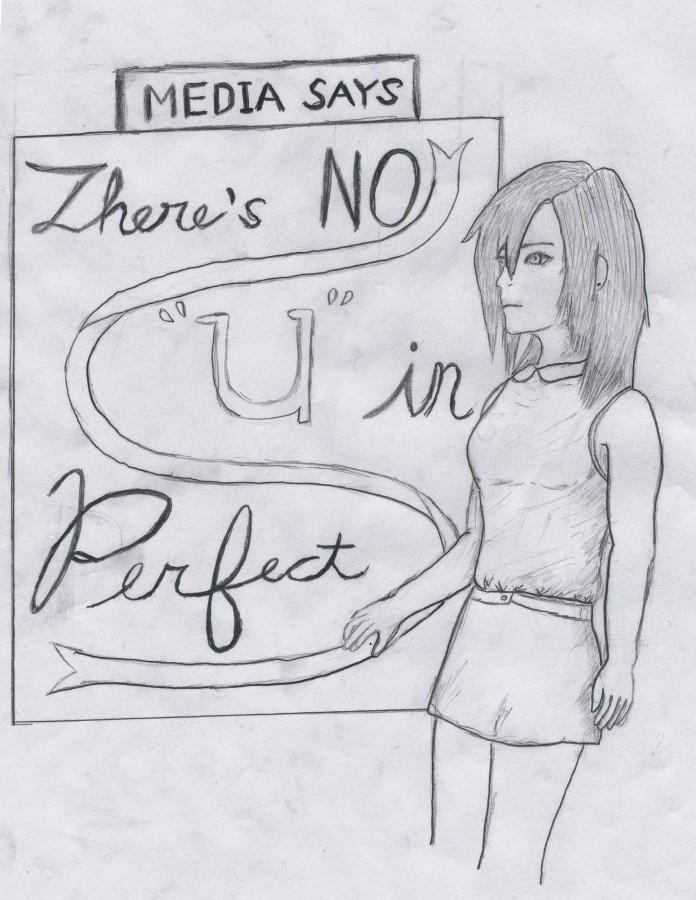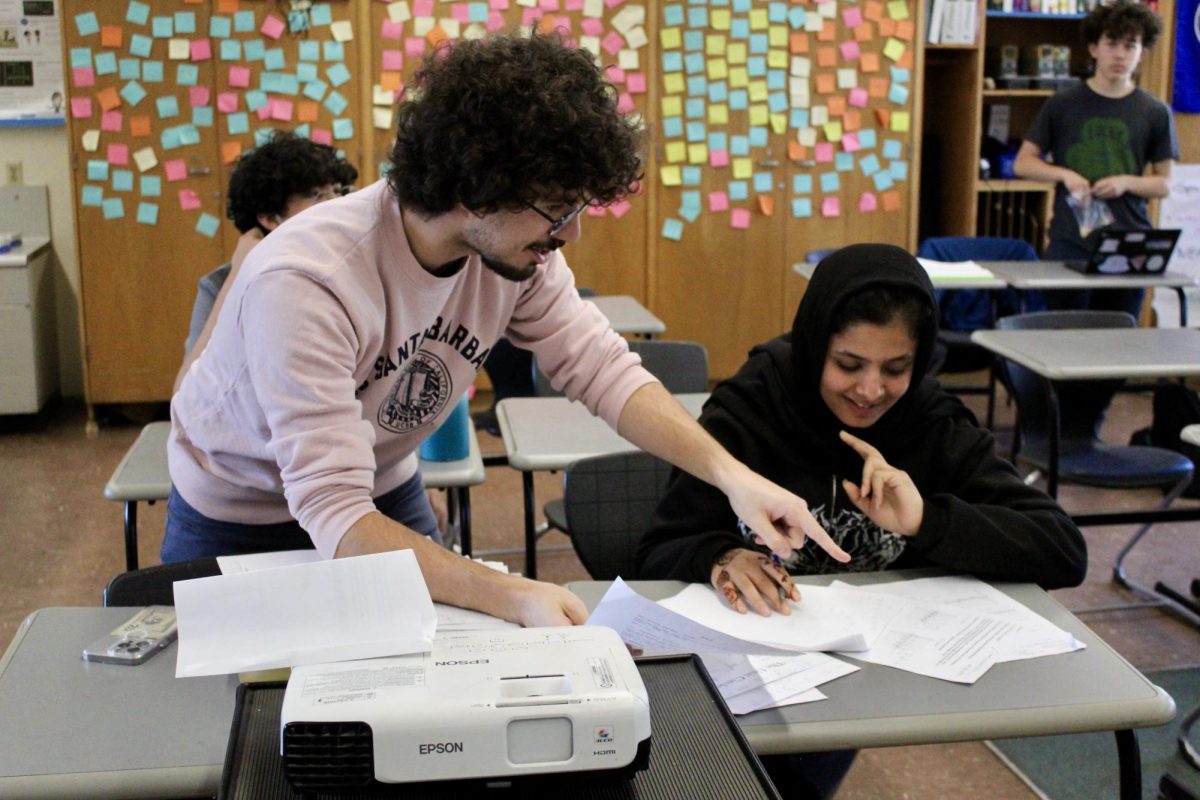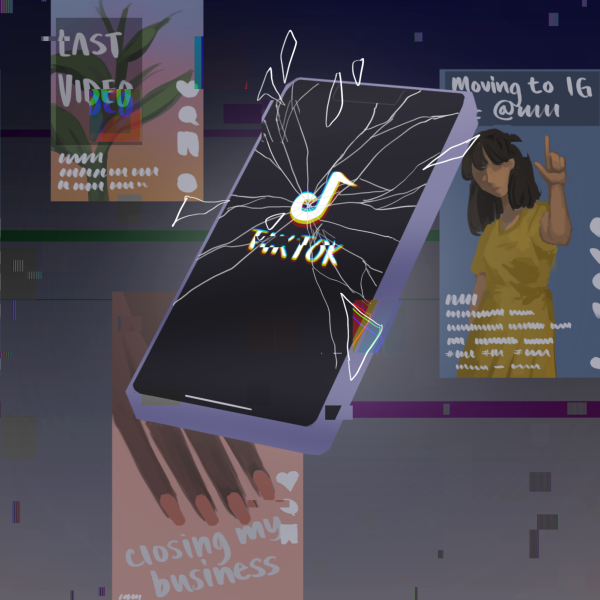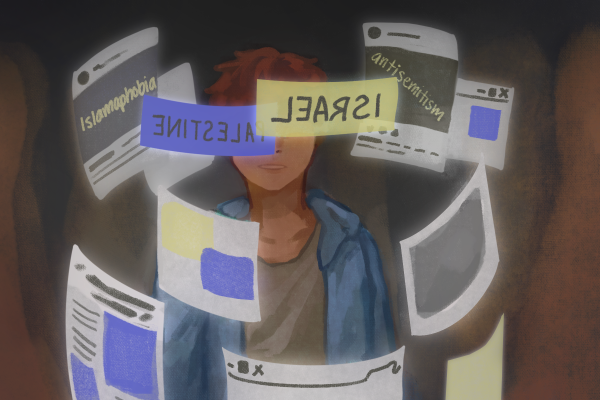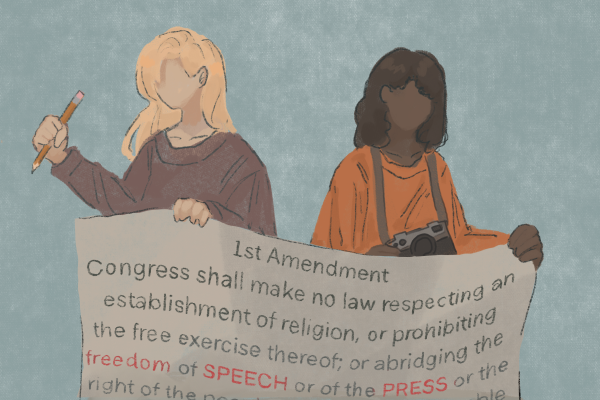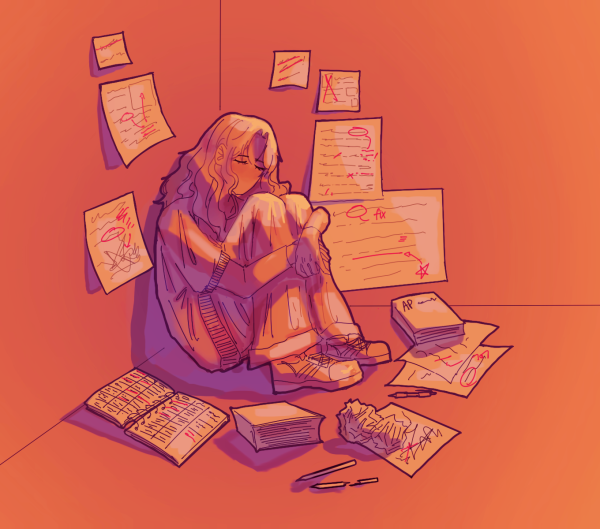Outcry sparks as media continues to belittle teens
May 24, 2013
By MAYA IBGUI and EMON ABDULLAH Contributing Writers Adolescents everywhere have been forced to struggle with the idea of perfection the media portrays versus the reality they live with everyday. The celebrities more widely viewed as idols by teens are supermodels, actors and actresses. Growing up with the expectation that everyone has to fit a certain body image can put a toll on growing children. “The media makes me feel like if I don’t look like the guys I see on T.V. or magazines, then I am not equal or as important to society as they are,” said senior Henry Figueroa. One-third of all girls have a distorted idea about their weight. This is due to their surroundings and the idea that beauty depends on your physical appearance. Twenty years ago, models weighed 8% less than the average women. Today, they weigh 23% less. What does that say about the importance of body image in today’s society? At age 13, 53% of American girls are unhappy with their body. These girls are in school, they have jobs and many other things they have to deal with. Their weight should be the least of their worries. If over half of growing teens are not satisfied with their appearance at such a young age, then this is clearly an issue that needs more attention. “The best advice I can give is be who you are and know who you are. Know your place in the world. Remember that the media is in many ways propaganda and learn to understand what the benefits are as well as the fallacies,” said Los Angeles Unified School District school psychologist Jose Galan. In order to prevent this, society should put a larger variety of body types in the media. When you turn on the television, almost immediately you’ll see a body type that is far from achievable to many of us, leading to this idea of physical perfection. If the media portrayed more attainable body types it would eliminate most, if not all of these issues. In certain magazines, the media inserts a page about loving yourself in your own skin. For example, Seventeen magazine has a section entitled the “Body Peace Project.” The section conveys to teenages the message that everyone is unique. But if everyone was unique why just idolize one body image? It only publicizes certain popular men and women. The media immortalizes people with ideal characteristics. If people with imperfections were also shown as prominent members of society, it would take away the idea of physical perfection that people have.


